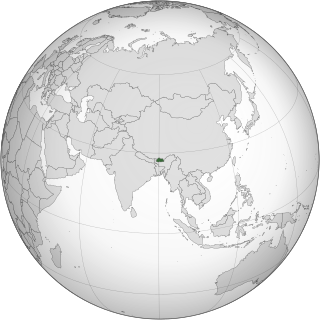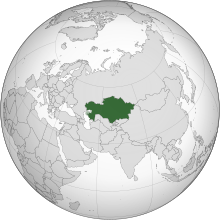The International Narcotics Control Board (INCB) is an independent treaty body, one of the four treaty-mandated bodies under international drug control law.
The expression International Opium Convention refers either to the first International Opium Convention signed at The Hague in 1912, or to the second International Opium Convention signed at Geneva in 1925.

Crime in the Maldives ranks from low to moderate, but crime rates in the country have increased significantly in recent years. Incidents of theft on beaches or in hotels do occur. Juvenile delinquency is a growing problem in the Maldives. According to the data available from the Ministry of Defence and National Security, there has been an increase in petty crime in the country. In 1992, 169 cases of petty crime were reported, while the number was 462 in 1996. The number of sentenced persons under the age of 19 also increased from 391 in 1988 to 512 in 1998. Fraud examiner Peter Lilley in his book Dirty Dealing writes that money laundering is not a significant problem in the Maldives.

The Chüy Valley is a large valley located in northern Kyrgyzstan and southern Kazakhstan, in the northern part of the Tian Shan. It extends from Boom Gorge in the east to Muyunkum Desert in the west. It is 250 km (160 mi) long and has an area of about 32,000 km2 (12,000 sq mi). It borders Kyrgyz Ala-Too in the south, and Chu-Ili mountains in the north. Through the Boom Gorge in the narrow eastern part Chüy Valley is linked with Issyk-Kul Valley. The river Chu (Chüy) is the major stream of the valley.

Cannabis in Palau is illegal, but reports indicate the drug is widely produced and consumed on the island nation. Palau is a former Trust Territory of the Pacific Islands of the United States which gained independence in 1994, and has a population under 20,000.

Cannabis in Papua New Guinea is illegal, but the nation is a significant producer and consumer of cannabis. Cannabis is sometimes called spak brus in local parlance.

Cannabis in Chile is illegal for all production and public consumption, though private at-home consumption, grow and selling is allowed for medical use. It is widely consumed, with the highest per-capita use in Latin America. In 2014 Chile began clinical trials on medical marijuana, and in 2015 a decriminalization bill successfully passed the lower house of the Chilean Congress.

Cannabis is illegal in Nigeria, yet the country is a major source of West African-grown cannabis, and ranked the world's third highest consumer of cannabis.

Cannabis in Bhutan is illegal, but grows prolifically in the country and has multiple traditional uses, such as feeding pigs and producing textiles.
Cannabis is illegal in Benin. The country is not a major drug producer or consumer, but increasingly serves as a transshipment point for drugs produced elsewhere. Cannabis is the only drug produced locally in Benin, though mostly on a small scale.
Cannabis in Lesotho is a traditional crop that remains illegal for any use, but largely tolerated. The plant is known as matekoane in Sesotho language but also called khomo ea fatše, likata or kakana.
Cannabis in Grenada is illegal. Cannabis possession is the most common drug offense on the island, and the annual prevalence of cannabis use amongst adults was reported as 10.8% in 2005.
Cannabis in New Caledonia is illegal, but is cultivated illicitly. Sources note that "hard drugs" are rare in New Caledonia, and their drug issues are primarily confined to cannabis, with local Kanak chiefs being anti-drug and working to eradicate cannabis plantations.

Cannabis in Tonga is illegal, but cultivated illicitly. A 1990s report attributed increased cannabis usage in Tonga to foreign travelers and returned Tongan emigres.
Cannabis in Mauritania is illegal, but the country serves as a major transit point for Moroccan cannabis en route to Europe.
Cannabis in Senegal is illegal; the drug is locally referred to as yamba.
Cannabis is illegal in Angola. The drug is locally referred to as diamba or liamba.
Cannabis in the Republic of the Congo is illegal. Cannabis is known locally as mbanga.

Cannabis is illegal in Mongolia. In 2008, most of the cannabis seized in Mongolia was grown locally, though some was produced in Russia.
The removal of cannabis and cannabis resin from Schedule IV of the Single Convention on narcotic drugs, 1961 is a change in international law that took place from 2019 to 2021, on the basis of a scientific assessment by the World Health Organization.







